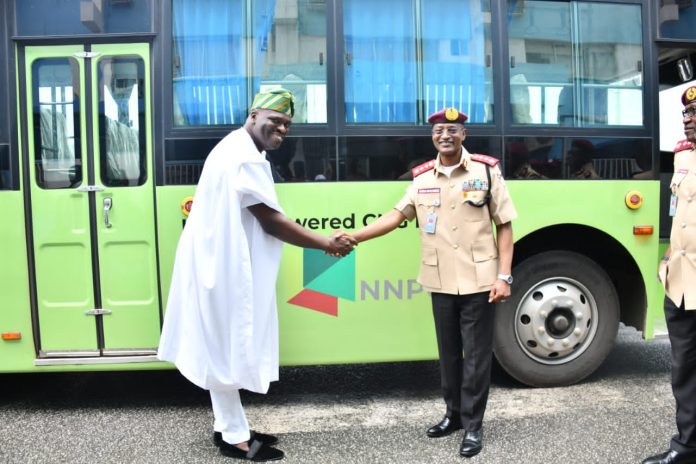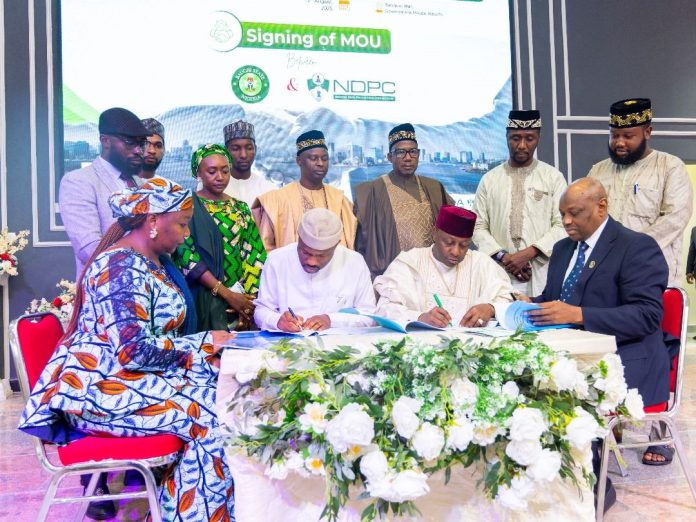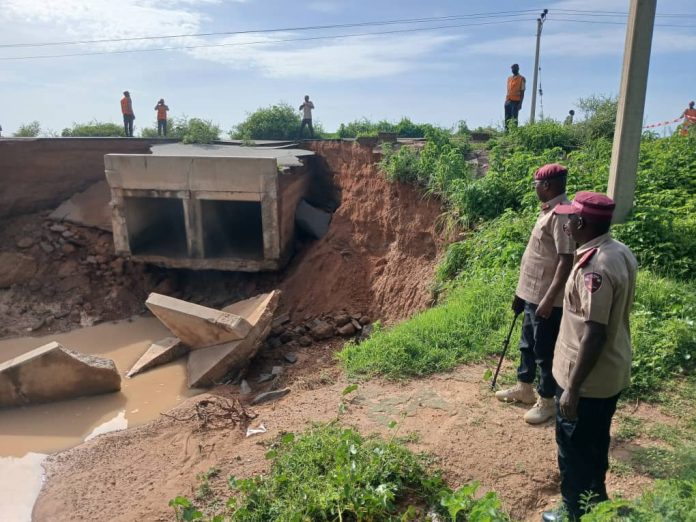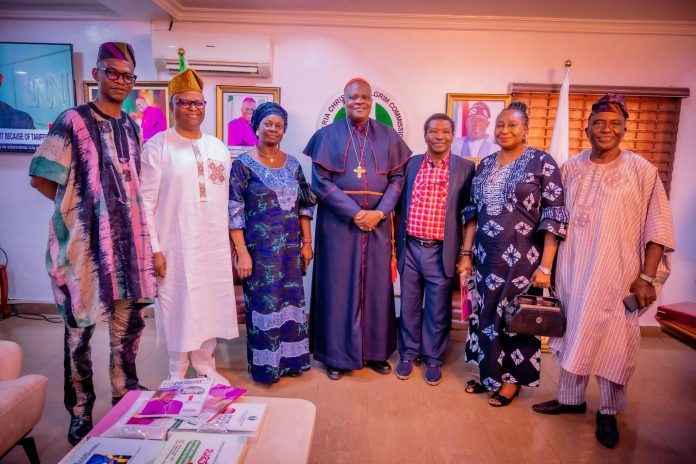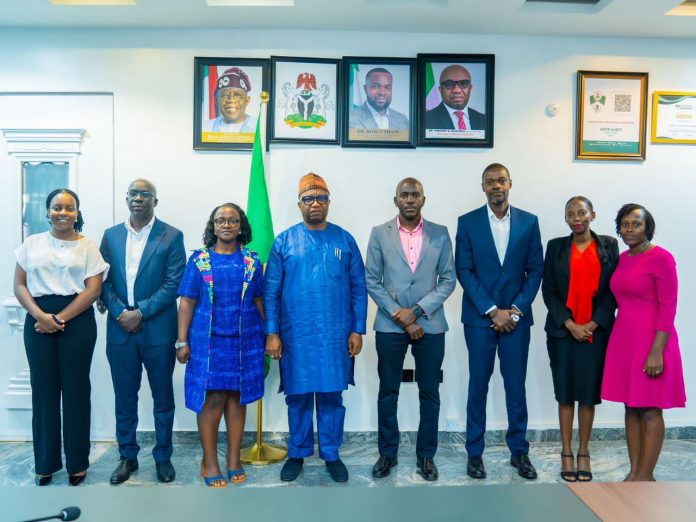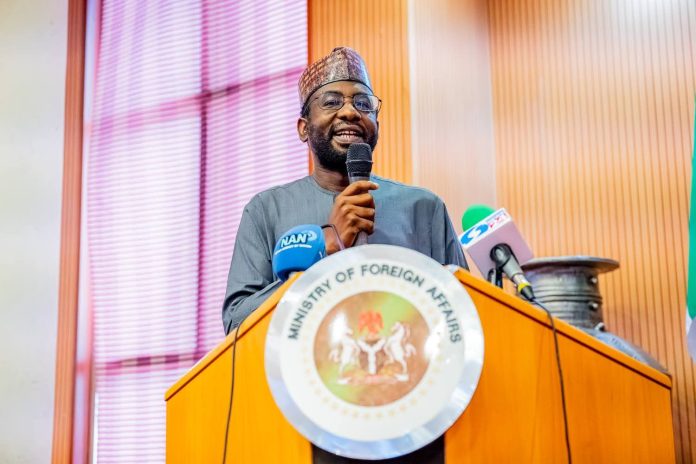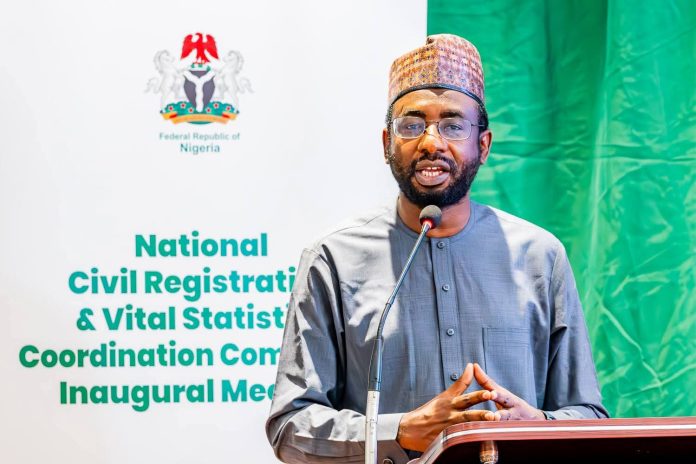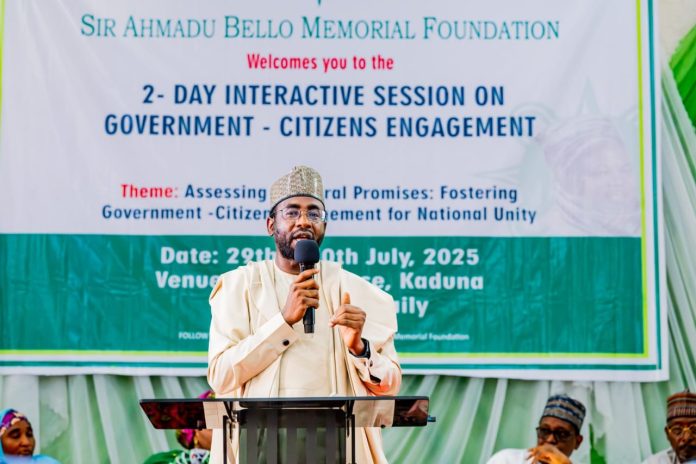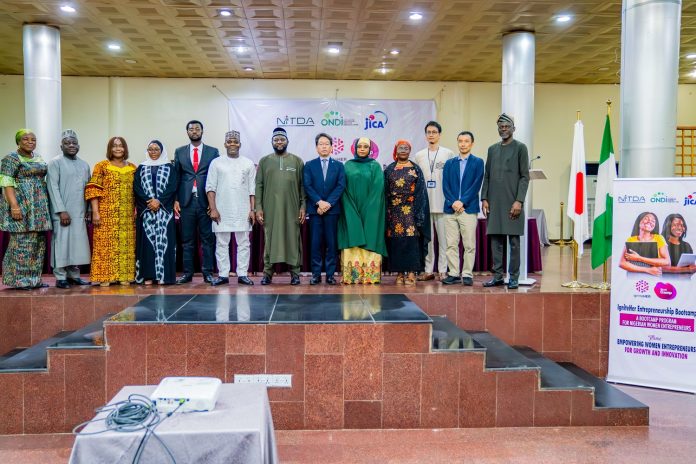In a significant move toward strengthening regional collaboration on data protection and privacy, the Nigeria Data Protection Commission (NDPC) played host to a high-level delegation from Uganda’s Personal Data Protection Office (PDPO) on a strategic understudy visit to Abuja.
The Ugandan delegation, led by Mr Stephen Mugabe, the Director of Data Protection Affairs at the PDPO, was received by the National Commissioner and CEO of the NDPC, Dr Vincent Olatunji, alongside senior officials and department heads of the Commission. The visit is part of Uganda’s broader initiative to enhance its data protection framework by learning from countries within the continent that have made notable strides in the data protection and privacy ecosystem.
In his welcome address, Dr Olatunji expressed delight at receiving the Ugandan team and highlighted the importance of intra-African cooperation in building sustainable and resilient data governance systems. He explained that the Commission’s successes thus far have been facilitated by a deliberate Public-Private Partnership (PPP) model, which fosters collaboration with stakeholders across the sector. “Our approach is the PPP model. We experimented, and it worked. We licensed private sector organisations to carry out Compliance as a service on behalf of the Commission. We started with 15, but we now have 257,” Dr Olatunji stated.
He encouraged the Ugandan data regulators to adopt solutions that reflect their unique national realities, including the deployment of local technologies, engagement with sector stakeholders, and frameworks for capacity development. He advised them not to be afraid to try out innovative ideas. He said, “Don’t be afraid of experimenting. Don’t be afraid of failing”.
The National Commissioner took the opportunity to share Nigeria’s pioneering approach to localising the certification of Data Protection Officers (DPOs), a move designed to ensure contextual relevance and drive indigenous capacity building in the data protection space. This initiative aligns with President Bola Ahmed Tinubu (GCFR)’s broader economic agenda, as it is strategically positioned to enhance investor confidence by demonstrating Nigeria’s commitment to global data protection standards. By strengthening regulatory frameworks and local expertise, the government aims to create a more secure digital environment: this is an essential factor in attracting and sustaining Foreign Direct Investment (FDI) in the country’s growing digital economy.
Leader of the Ugandan team, Mr Mugabe, expressed appreciation for the NDPC’s warm reception and willingness to share operational insights. He provided an update on Uganda’s progress in data protection, noting key milestones such as the establishment of the PDPO and regulatory framework development. He also commended the Commission’s professionalism and commitment to data subject rights, stating that Uganda is working to mirror similar values and structures.
“Our aim with this visit is to understand the daily operations of the NDPC, department by department, and take back lessons that can be adapted to the Ugandan context,” he said. “We are particularly impressed by Nigeria’s approach to awareness, stakeholder engagement, and capacity building”.
The NDPC’s department heads engaged the Ugandan delegation in detailed sessions covering strategic areas such as organisational structure, regulatory compliance, public awareness, enforcement procedures, data breach response, strategic partnerships, and international cooperation.
Dr Olatunji concluded by reiterating the importance of inter-agency and inter-country collaboration. “Data has no borders. As Africa continues to embrace digital transformation, we must ensure our policies, frameworks, and enforcement mechanisms are harmonised to ensure mutual respect, trust, and protection of our citizens’ data rights,” he said. “It is only through such partnerships that Africa can develop a data protection and privacy ecosystem that is not only efficient and secure, but one that the rest of the world will look up to”.
Signed
Itunu Dosekun
Head, Media Unit, NDPC



